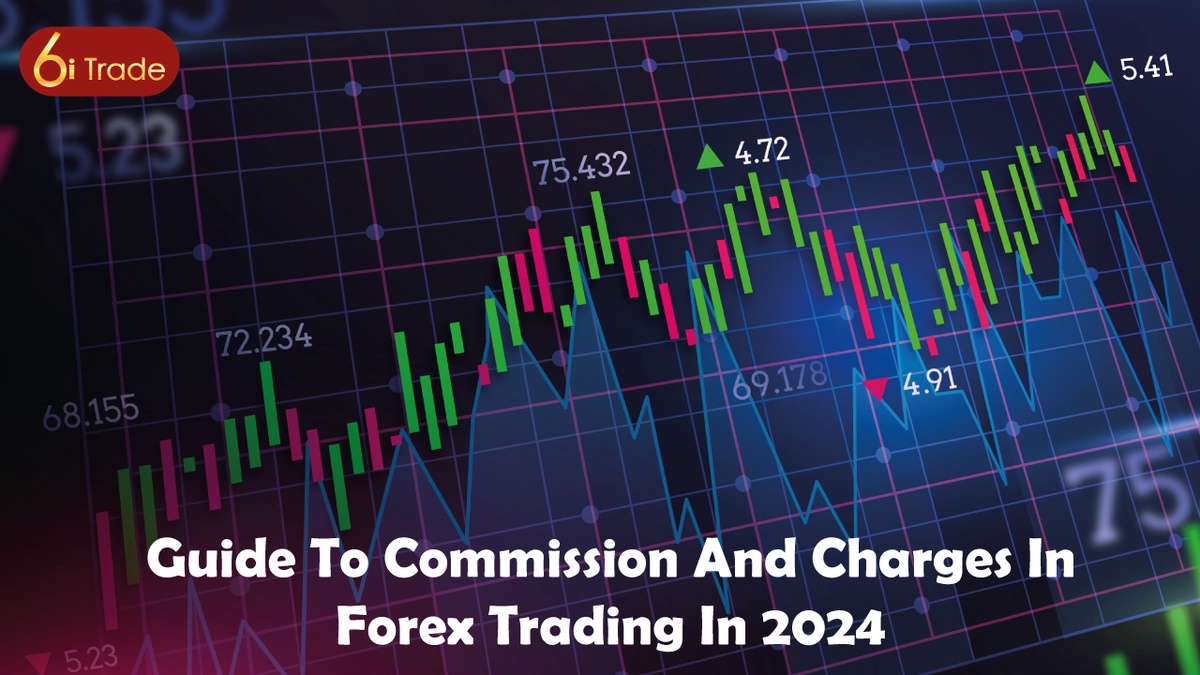The allure of the foreign exchange (forex) market lies in its potential for high returns. However, navigating the complexities of forex trading involves understanding not just the market itself, but also the fees and charges that can eat into your profits. This article delves into the different types of commissions and charges encountered in forex trading, equipping you with the knowledge to make informed decisions and maximize your gains.

Commission Types: The Price of Execution
1. Standard Commissions: These are fixed fees charged per trade, typically based on a percentage of the traded notional value. For example, a 0.1% commission on a $10,000 trade would translate to $10. While seemingly straightforward, standard commissions can be disadvantageous for smaller trades, as the fixed fee represents a larger portion of the total value.
2. Tiered Commissions: This model offers lower commission rates for larger trade volumes. Brokers often have tiered structures, where commission percentages decrease as trade volume increases within specific bands. This incentivizes larger trades, making it more cost-effective for active traders.
3. Minimum Commissions: Some brokers implement minimum commission charges, regardless of the trade size. This can be a disadvantage for smaller trades, as it can eat into potential profits. Carefully assess minimum commission structures before choosing a broker.
4. : Electronic Communication Networks (ECNs) connect buyers and sellers directly, eliminating the need for a market maker. ECN brokers typically charge per-trade fees based on the liquidity they provide. These fees can be lower than standard commissions, particularly for highly liquid currency pairs. However, ECNs may also charge additional fees, such as ticket fees or inactivity fees.
5. Markup/Markdown: Some brokers, particularly those offering retail forex trading, use a markup/markdown pricing model. This involves adding a spread (the difference between the buy and sell price) to the underlying market price. The spread acts as the broker's compensation. While markup/markdown pricing can be simpler to understand, it can be less transparent than commission-based models.
Beyond Commissions: Additional Fees to Consider
1. Rollover Fees: If you hold a forex position overnight, you may incur rollover fees, which compensate the broker for the cost of financing the position. These fees vary depending on the interest rate differential between the two currencies involved.
2. Account Inactivity Fees: Some brokers charge fees for accounts that remain inactive for a certain period. These fees can be a nuisance, especially for occasional traders.
3. Deposit/Withdrawal Fees: Some brokers charge fees for depositing or withdrawing funds from your account. These fees can vary depending on the method used (e.g., wire transfer vs. credit card).
4. Platform Fees: Some advanced trading platforms may have subscription fees or additional charges for specific features.
Choosing the Right Fee Structure: A Balancing Act
The ideal fee structure depends on your individual trading style and volume. Consider the following factors:
Trading frequency: If you are a frequent trader, tiered commissions or ECN pricing may be more cost-effective than standard commissions.
Trade size: For smaller trades, minimum commissions and markup/markdown pricing can be detrimental.
Trading platform needs: If you require advanced platform features, factor in any associated fees.
It is crucial to compare fee structures across different brokers and choose one that aligns with your trading needs. Don't be afraid to negotiate with brokers, as they may be willing to offer competitive rates for high-volume clients.
Transparency and Awareness: Your Keys to Success
Understanding forex commissions and charges is crucial for making informed trading decisions. By choosing the right fee structure and remaining aware of additional costs, you can minimize their impact on your profits and maximize your success in the forex market. Remember, transparency and awareness are your keys to unlocking the full potential of forex trading.
Resources
International Monetary Fund (IMF): https://www.imf.org/en/Home
Financial Conduct Authority (FCA): https://www.fca.org.uk/
National Futures Association (NFA): https://www.nfa.futures.org/


No comments yet